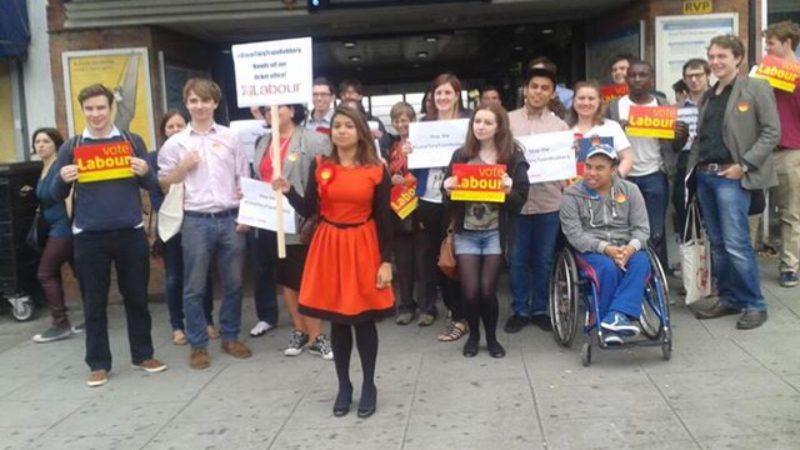
Andrew Rawnsley wrote in the Observer last month about dwindling political party membership. Labour party membership has declined by over 5,000 in the past year. This is not a surprise. There has been a steady decline since the dizzying heights of post-war Britain and the current disaffection with politics and politicians sets the trend to continue.
These figures are and should be a concern to the Party as the Party leaders finalise a strategy for the coming 2015 general election. To secure a majority, building and sustaining membership should be one of the top priorities in our strategy. The question is: how can we re-engage the electorate, in order to build rebuild mass membership if we are genuinely looking to lead the charge on a ‘different kind of politics’?
The work that Movement for Change in doing on a local level is very exciting and could have part of the answer for the growing need for the Labour Party to grow their membership case as well as building future leaders. Their organising approach stays true to the origins of the Labour movement and blends this with the purpose of organising: identifying issues of concern to a community, bringing people together to campaign about those issues, building resilience into communities, giving communities the tools to make their voices heard and to make them matter and teaching communities to affect real change.
The leaders that are created through organising are part of the community, not figureheads who operate remotely. They are people who understand the importance of the everyday things that influence and impact on every day lives.
Let me give you an example: the Home Sweet Home campaign in Cardiff is an example of how Movement for Change is having impact on a local level, addressing issues that resonate at a national level. The issue of landlords preying on vulnerable people has been a real concern for the community of South Riverside in Cardiff. The community organisers at Movement for Change supported that community to build a campaign which lead to Cardiff’s Tenants’ Charter.
One of the lead campaigners on Home Sweet Home, Ewan Moor, was recently presented with an award at the Welsh Labour Party Conference for community campaigning and has gone on to become an organiser with Movement for Change.
If the Labour Party genuinely aspires to ‘do politics differently’ it will be at least partially dependent on how effectively they can grow future leaders and diversify where those leaders come from. The Home Sweet Home campaign is a good example of how an organising approach in leadership development can help the party realise Ed Miliband’s vision to create a party “truly rooted in every community and every walk of life”.
I recently attended the Movement for Change event where I met a group of their top activists. I was impressed by the wide spread of leaders and activist, from across the UK: from Cardiff to Devon and Edinburgh to Brixton. All of them had a passion for facilitating change in their communities and the capacity to lead that change, taking their communities with them.
Whether talking about local or national politics, the next generation of leaders must understand how to engage communities around the issues that affect them, all the while supporting them to develop existing resources and connect on a national level. If Labour can actively demonstrate to communities how they can make a difference at a local level, they will be on the way to winning the argument on what they will do at a national level. Community organising can be used as a tool to develop leaders but it can also be used as a tool to create a movement bringing together previously disaffected, apolitical community members.
Mark Ferguson talked about giving members a real voice in his article for the Labour List a few weeks ago. Community organising is inherently about giving people that real voice. The next election will not be won by traditional methods of getting out the party faithful and knocking on doors. A new kind of politics means doing things differently, blending the best of tradition and fusing this with newer models that reach out to the next generation of activists and leaders.
By La Toyah McAllister-Jones, Movement for Change activist and Labour Party member




More from LabourList
‘Factionalism at the top is weakening Labour – and handing a gift to Reform’
‘Europe must stand strong on its own as US security guarantees grow conditional’
‘Tackling poverty should be the legacy of Keir Starmer’s government’